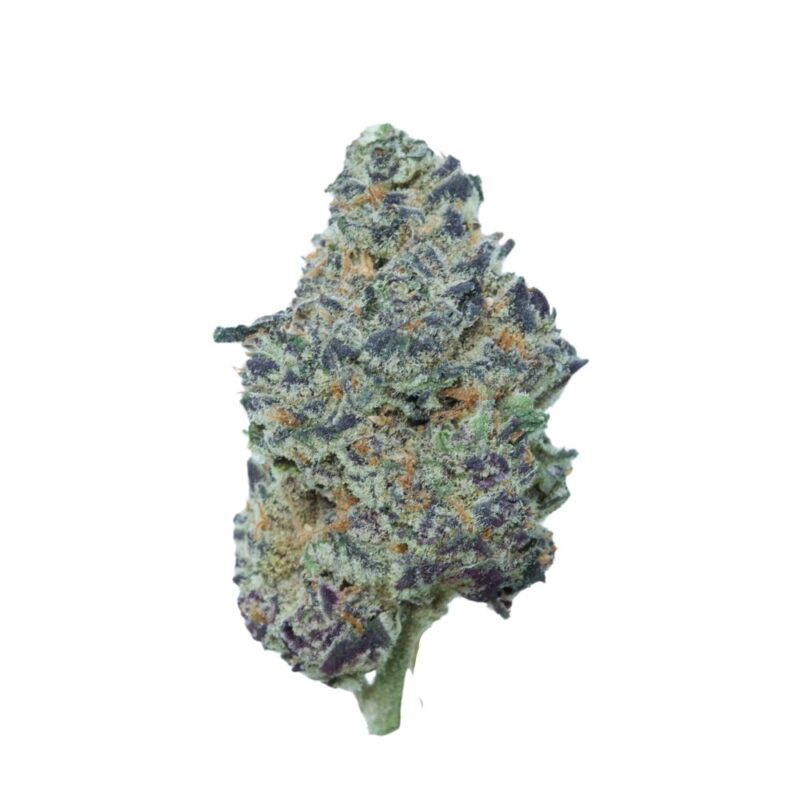Weed
Are Weed Shakes Dangerous?
Today, we’re tackling a topic that’s been buzzing around in many conversations – weed shakes. You might’ve heard about them from a friend, seen them trending online, or maybe you’re just a curious cat like me, trying to figure out what the fuss is all about. So, let’s pull up a comfy chair, grab a cup of your favorite beverage, and dive into the world of weed shakes. Are weed shakes dangerous, or is it just another blip on the cannabis radar?
What Exactly Are Weed Shakes?
First things first, let’s break down what we’re talking about. Weed shakes, also known as “cannabis shakes” or “the shakes,” refer to involuntary muscle tremors or shivers experienced by some people after consuming cannabis. These shakes can be mild, like a slight shiver, or more intense, making you feel like you’re in the middle of a chill zone in Antarctica.
Why Do Weed Shakes Happen?
Great question! The human body is a complex machine, and cannabis interacts with it in fascinating ways. Here are a few reasons why you might get the shakes after indulging in some green goodness:
- THC Overload: THC (tetrahydrocannabinol) is the primary psychoactive component of cannabis. When you consume too much THC, it can overwhelm your body’s endocannabinoid system, leading to various side effects, including the shakes.
- Anxiety and Stress: Cannabis affects everyone differently. For some, it can trigger or exacerbate anxiety and stress, which can then manifest as physical symptoms like shaking.
- Temperature Sensitivity: Cannabis can alter your body’s temperature regulation. If you’re already cold or in a chilly environment, consuming weed might make you feel even colder, resulting in shivering.
- Muscle Relaxation: Cannabis is known for its muscle-relaxing properties. Sometimes, this relaxation can lead to involuntary muscle twitches or tremors.

Are Weed Shakes Dangerous?
Now, onto the million-dollar question: are weed shakes something to worry about? In most cases, the answer is no. Weed shakes are generally not considered dangerous and are usually temporary. Here’s why:
- Temporary Nature: Weed shakes typically don’t last long. Once the effects of the cannabis wear off, the shakes usually subside.
- Non-Life Threatening: For most people, weed shakes are more of an annoyance than a serious health issue. They’re not life-threatening and don’t cause long-term harm.
- Manageable: There are ways to minimize or prevent weed shakes, which we’ll get into later.
However, like with anything, there are exceptions. If you have underlying health conditions, particularly those affecting the nervous system, or if you’re experiencing severe and persistent shakes, it’s always a good idea to consult with a healthcare professional.
Tips to Prevent and Manage Weed Shakes
Alright, so you’ve learned what weed shakes are and heard from people who’ve dealt with them. But how can you prevent or manage them if they happen to you? Here are some handy tips:
- Start Low and Go Slow: This classic advice is crucial. Start with a low dose of THC and see how your body reacts before consuming more.
- Stay Warm: If you’re prone to weed shakes, try to stay in a warm environment. Wrap yourself in a cozy blanket or wear warm clothes.
- Stay Hydrated: Drink plenty of water before, during, and after consuming cannabis. Dehydration can exacerbate side effects.
- Relax: If you start shaking, try to relax and calm yourself. Deep breathing, meditation, or even watching your favorite TV show can help.
- Avoid Mixing Substances: Mixing cannabis with other substances, like alcohol, can increase the likelihood of adverse reactions, including shakes.
When to Seek Help
While weed shakes are generally harmless, there are times when you should seek medical advice. If you experience any of the following, it’s time to call a healthcare professional:
- Severe or persistent shaking that doesn’t go away after the cannabis wears off.
- Shakes are accompanied by other serious symptoms like chest pain, difficulty breathing, or extreme anxiety.
- If you have an underlying health condition that the shakes could aggravate.
Visit Dank Bros now and check out our Deal Of The Day page to get daily discounts on your favorite cannabis products!

The Science Behind the Shakes
For those of you who love a good science dive, let’s take a closer look at what’s happening in your body when you get the shakes. Cannabis interacts with your endocannabinoid system (ECS), a complex network of receptors and chemicals that play a role in regulating various bodily functions, including mood, appetite, and muscle control.
When THC binds to receptors in the ECS, it can disrupt normal functioning, leading to various effects, including euphoria, relaxation, and, for some, those pesky shakes. The exact mechanism isn’t fully understood, but it’s believed that THC’s impact on muscle control and temperature regulation plays a significant role.
Learn more about “Can I Donate Plasma if I Smoke Weed?” on our blog page now!
The Bottom Line
So, are weed shakes dangerous? For most people, the answer is no. They’re usually a temporary and manageable side effect of cannabis consumption. However, as with any substance, knowing your limits and listening to your body is essential. If you find yourself shaking after using cannabis, take it as a sign to slow down, stay warm, and hydrate.
Cannabis is a powerful plant with a wide range of effects, both positive and negative. As we continue to explore its potential benefits and risks, it’s crucial to stay informed and make choices that are right for you. Whether you’re a seasoned cannabis enthusiast or a curious newbie, understanding what to expect can help you have a safer and more enjoyable experience. Ready to experience cannabis like never before? Dive into the premium offerings from Dank Bros and enjoy top-quality products that ensure a smooth, enjoyable ride. Join the Dank Bros community today and feel the difference in every session!
